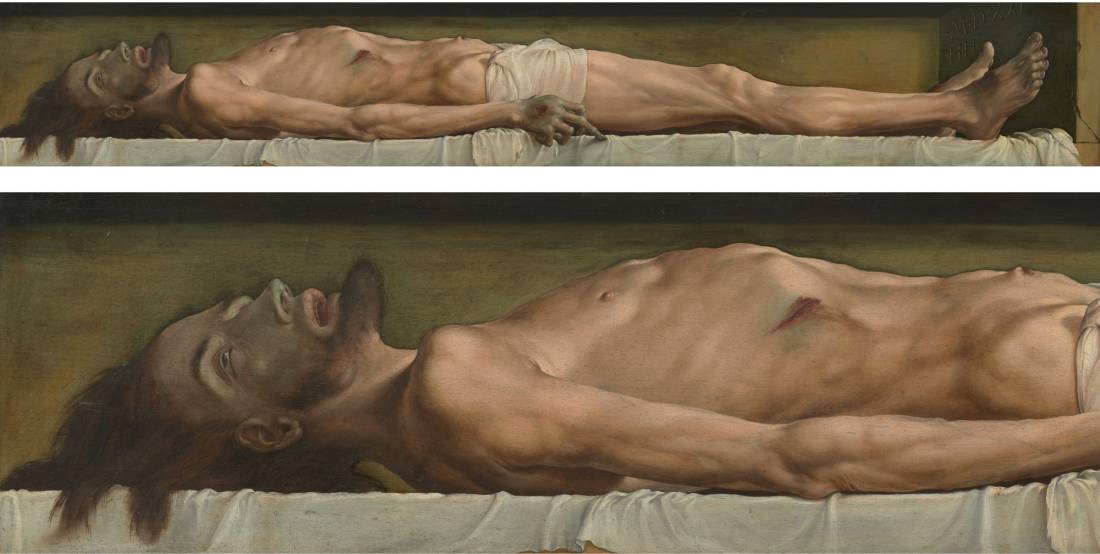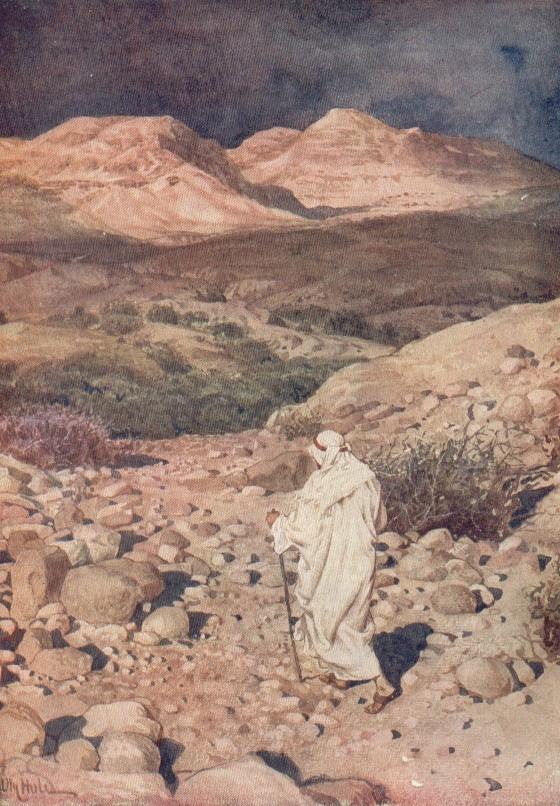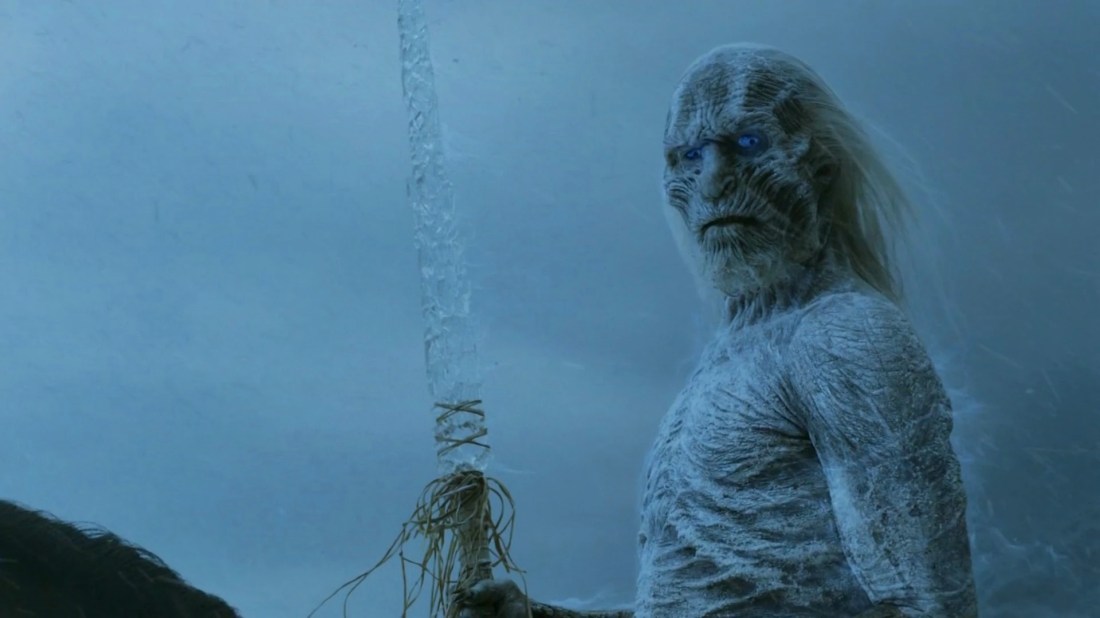A couple of weeks ago, I decided to head over to Hollywood and check out some of the sights, like Grauman’s Chinese Theater and the Hollywood Walk of Fame that runs up and down Hollywood Boulevard. After parking, I made my way over to some of these historical sights along Hollywood Boulevard. I quickly realized … Continue reading Hollywood Boulevard and Christmas
Apocalyptic Eyes for Trying Times
If there is one thing that tragic events like the assassination of Charlie Kirk or the attempted assassination of President Trump over a year ago impress upon me, it is the need for apocalyptic and discerning eyes. These events come with great emotion and energy, so much so that they can serve to galvanize movements … Continue reading Apocalyptic Eyes for Trying Times
“The world will be saved by beauty” – I am a Failure Pt.2
Just the other day I wrote a piece entitled, “I am a failure,” and the response that I received was incredibly positive and supportive. Some commented on Facebook, and some personally messaged me with appreciative and loving words. Such kindness and love shown often makes me feel awkward, if not a bit uneasy, because it’s … Continue reading “The world will be saved by beauty” – I am a Failure Pt.2
I am a Failure
Recently, I have been contemplating failure and its spiritual dimensions. In large part, this is because failure’s counterpart, success, is such a strange thing to pin down. I think Daniel Berrigan was onto something when he referred to success as being a weasel word and horribly American. But this recent contemplation of mine is also … Continue reading I am a Failure
Trying to Live without Lies
Over the past four years, I have paid very close attention to all the stories surrounding the New York Jets. Part of this is because I spend a good amount of time travelling to work in the car, but also because I am a hopeless Jets fan, consistently drawn into the various story lines from … Continue reading Trying to Live without Lies
The Ruthless Who Lead Us: Tommy J and Bukowski Wisdom
I was recently reading about President Thomas Jefferson’s treatment of Native Americans who resided west of the Appalachians. Quite frankly, he was rather ruthless in his treatment of them as he desired their land for the sake of American expansion. In effect, he basically made them an offer they couldn’t refuse. Steven Charleston explains Jefferson's … Continue reading The Ruthless Who Lead Us: Tommy J and Bukowski Wisdom
The Righteous Gemstones and Moses and the Prophets
A few months ago, my wife started watching The Righteous Gemstones, which means that I was kind of watching it, too, while reading on the couch. For those who are not familiar with the show, it’s a comedy that follows a wealthy televangelist/megachurch family that employs rather un-Christian behavior to perpetuate their ministry empire. Quite … Continue reading The Righteous Gemstones and Moses and the Prophets
Epigenetic Disagreeablness and Jesus
Over a weekend during my junior year of college, I decided to read all three Synoptic Gospels. I must confess that until this weekend, I had never read these Gospels in their entirety. Growing up Lutheran and attending church every Sunday, I was familiar with many parts of the Gospels. However, I had never actually … Continue reading Epigenetic Disagreeablness and Jesus
Jesus’ VisionQuest
The first Sunday in Lent is my favorite Sunday in the church year. The reason is because of the Gospel reading. Every year, no matter year A, B, or C, the Gospel reading is the wilderness temptation of Jesus. Though Mark’s account does not include the three temptations we find in Matthew and Luke, there … Continue reading Jesus’ VisionQuest
Crows, White Walkers, and Sunny SoCal
There are a strange amount of crows where I live in Orange County. At least enough to make me notice them in ways I haven’t in other places where I have lived. Crows are not exactly an endearing sort of bird. Instead, led by their caw, they bring a menacing air or overbearing annoyance. I … Continue reading Crows, White Walkers, and Sunny SoCal








